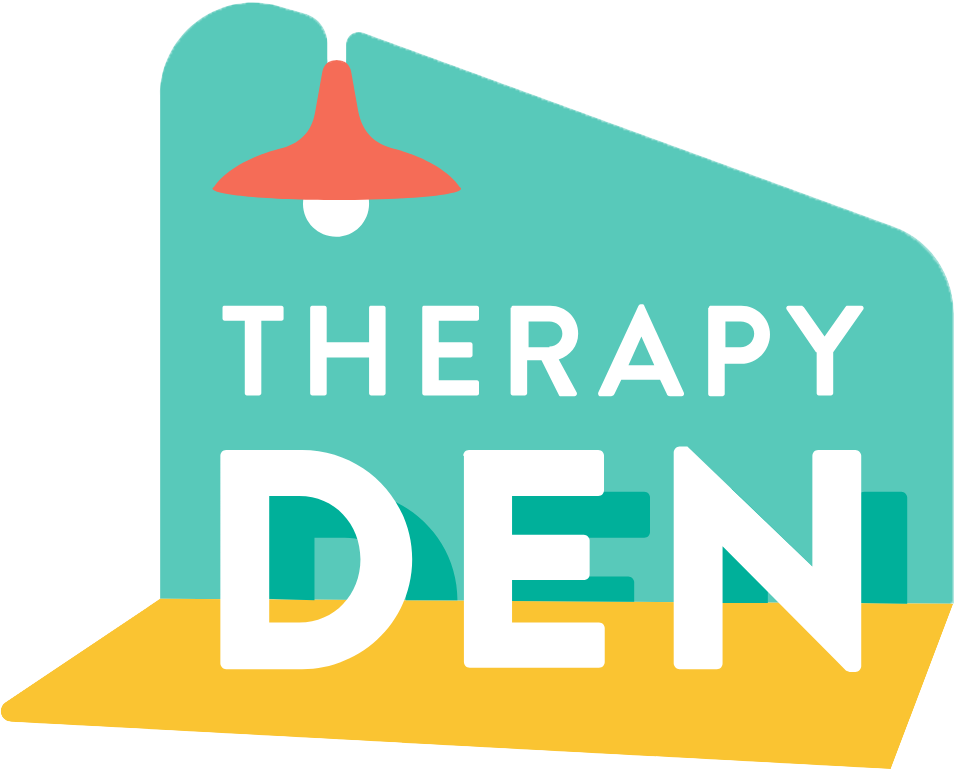
Of all the words in the English language, depression must be one of the most misunderstood. Why does this term seem to confuse so many people? Why is its real meaning so hard to grasp? It is because the term has two starkly contrasting meanings, depending on who is using it.
Among clinicians, the term depression is used to describe a debilitating syndrome that robs people of their energy, memories, ability to concentrate, love and experience joy. This is not just an emotional state, but a physical one that impacts specific regions of the brain. Depression actually lights up the brain’s pain circuitry, inducing a state of suffering that can become debilitating.
Beyond this, depression is actually neurotoxic, meaning the disorder can eventually lead to the death of neurons in critical memory and reasoning areas of the brain, including the hippocampus and prefrontal cortex. Simply stated – depression causes brain damage.
Colloqiual Usage
Confusion abounds when the term ‘depression’ is used by people in everyday conversation, however. In these instances, they usually are referring to something far less serious or clinical. In fact, most people use the term as a synonym for mere sadness or being slightly upset.
For instance, you will often here people make comments such as, “I was so depressed when Starbucks dropped its pumpkin spice latte,” or “Oh my God, I just ripped a whole in my favorite pair of jeans. I am like, so depressed right now.” No, you’re not, you’re bummed, pretty disappointed in fact, but you are certainly not depressed. These kinds of disappointments, while frustrating, are simply a part of life.
But ripped jeans and discontinued menu items have little effect on our ability to function, and the feelings of disappointment and annoyance rarely last for very long. A friendly word from a loved one or a hug is generally all that’s needed to get over the perceived “crisis.”
In contrast, clinical depression often persists for months, and no amount of friendly support from loved ones is enough to make it any less debilitating.
Time for New Language?
And that is where the confusion lies, and why many people simply don’t understand the true ramifications of clinical depression. It is also why those who suffer from depression are met with relative indifference when they open up to friends and family about their condition.
The sad reality is that, because of this profound confusion, many depressed patients are expected to simply “snap out of it” by their friends and family. No one would ever take this attitude with someone suffering from cancer or kidney disease; the admonition is equally offensive and inappropriate in the case of clinical depression.
Perhaps it is time to come up with a new term to describe the symptoms of clinical depression. By using new language, more people might understand the disease and show more compassion toward individuals suffering from it.
If you or a loved one is interested in exploring treatment, please contact me today. I would be happy to speak with you about how I may be able to help.








